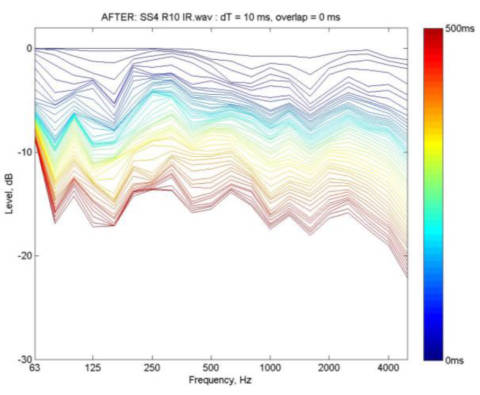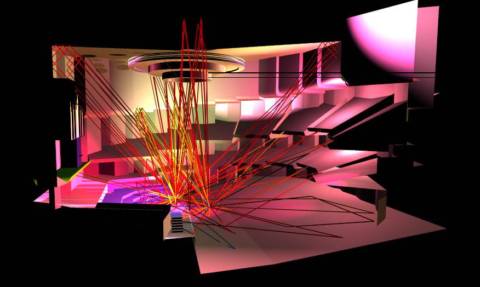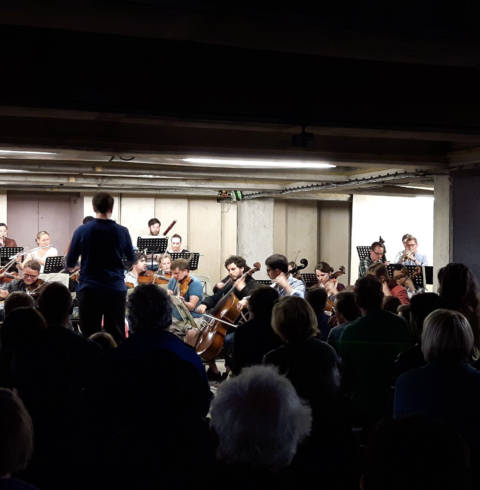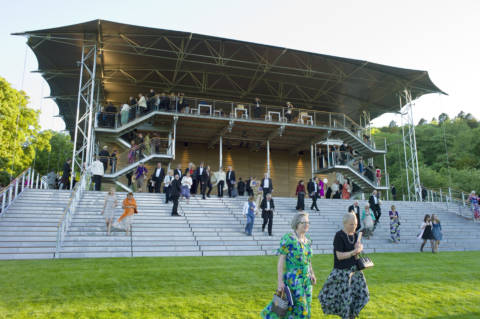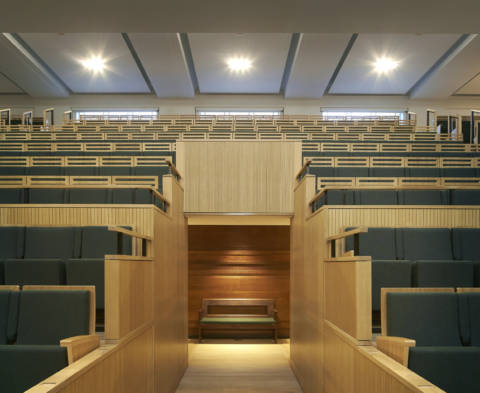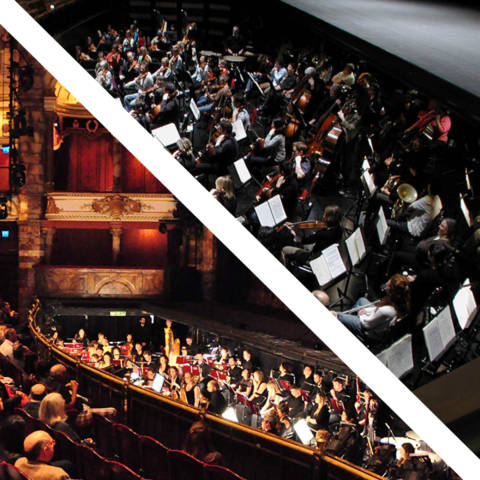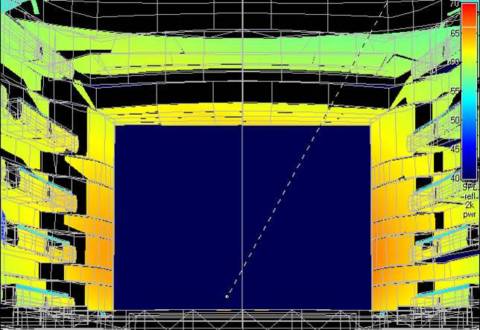Acoustics isn’t just what the audience hears, it’s also how and what the musicians on stage hear. Bob Essert and Evan Green explain Sound Space Design’s improvement of the 1970’s Cyril Harris Hall. This paper was presented at Proceedings of the Institute of Acoustics, 2015. On Stage Hearing: Experience from Orchestra Hall, Minneapolis “Orchestra … Continued
